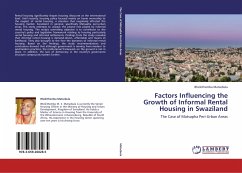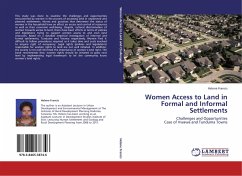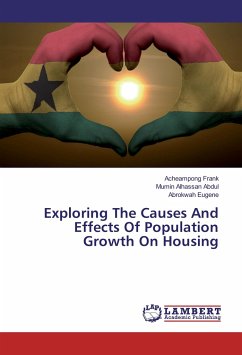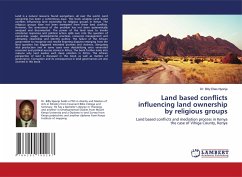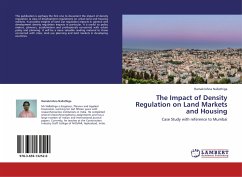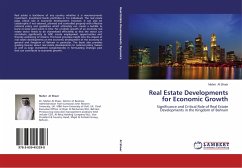Rental housing significantly shapes housing discourse at the international level. Until recently, housing policy focused mainly on home ownership to the neglect of rental housing, a situation that negatively affected the housing market. Swaziland in general, specifically Matsapha peri-urban areas, this study attempts to unpack the pivotal role played by informal rental housing. The study's overriding objective is to contribute to the country's policy and legislative framework relating to housing particularly rental housing and informal settlements. Findings from the study revealed that informal rental housing is demand-driven, affordable and means of livelihood. They also brought to the fore the dynamics of informal rental housing. Based on the findings, the study recommendations and conclusions showed that although government is moving from modern to postmodern practices, the institutional framework on the ground is not in place. In addition, the lack of democracy in the country's governance structure compounds matters further.
Bitte wählen Sie Ihr Anliegen aus.
Rechnungen
Retourenschein anfordern
Bestellstatus
Storno

